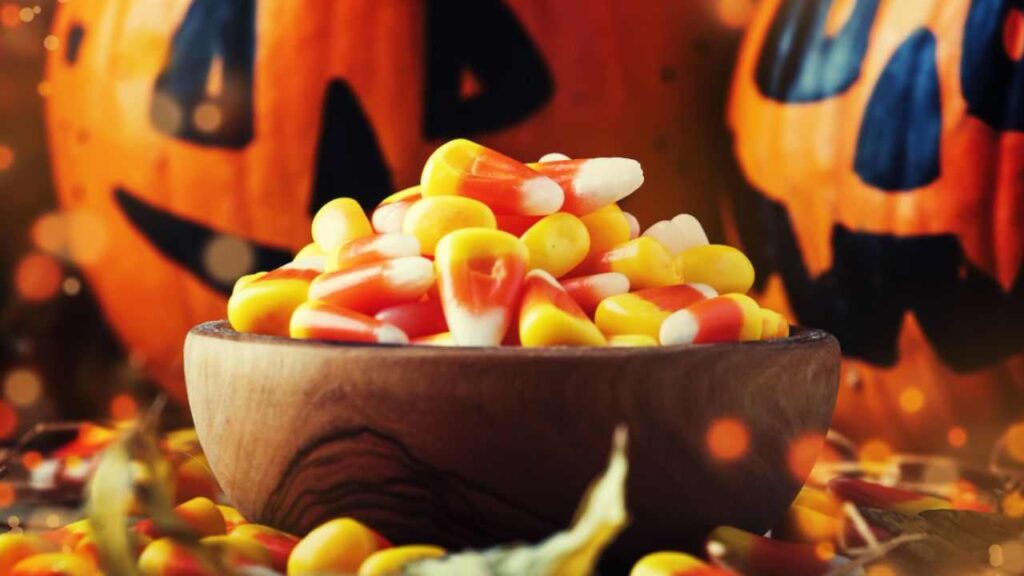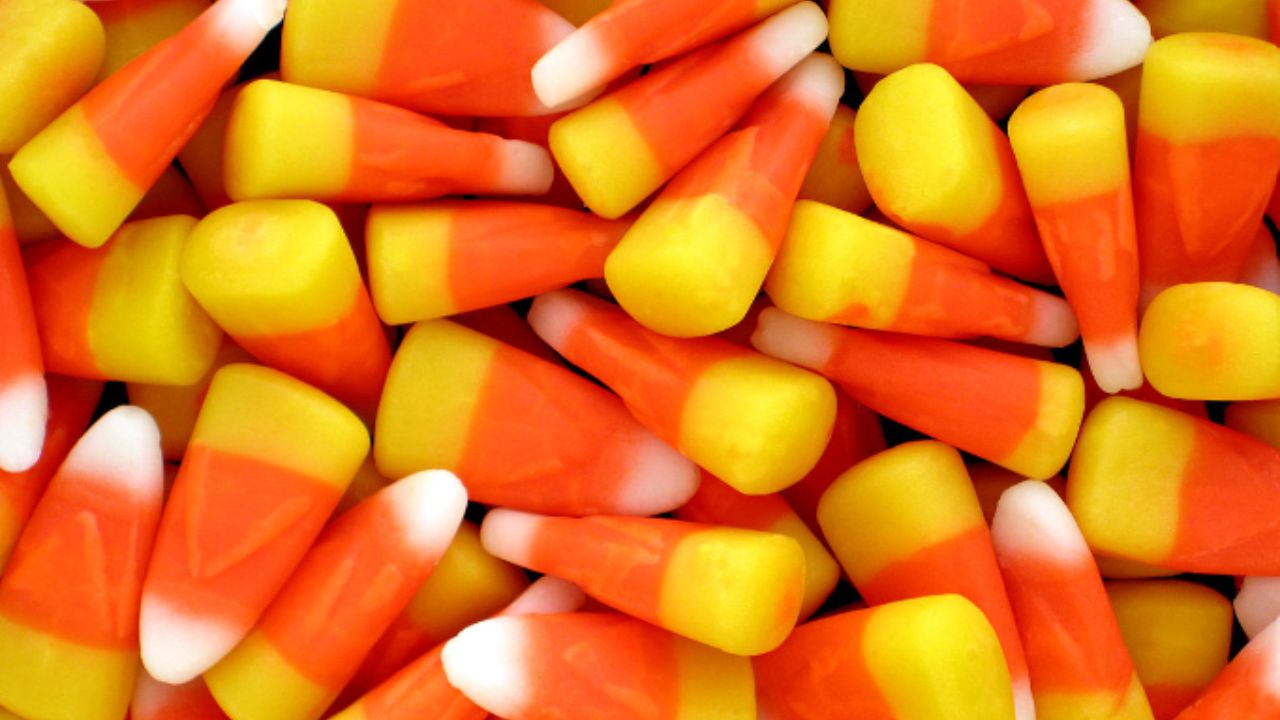Candy corn’s decline: A love-hate relationship, nostalgia, and changing tastes in Halloween candy trends.
Halloween is synonymous with candy, but in recent years, one classic treat has seen a decline in popularity. Candy corn, those iconic orange, yellow, and white kernels, has been a traditional Halloween favorite for generations. However, it seems that not everyone shares the same enthusiasm for this sugary confection.
Table of Contents
Chocolate Dominates the Halloween Candy Scene
In the world of Halloween candy, chocolate reigns supreme. A study by Nielsen IQ reveals that Americans have a strong penchant for chocolate candies, with chocolate making up a significant 65% of the $3.7 billion candy business. Milk chocolate, in particular, is the undisputed king of Halloween, with more people buying it last season than all other non-chocolate candies combined.
The Enigma of Candy Corn’s Decline

While chocolate maintains its dominance, one candy has been consistently losing favor in recent years—candy corn. The sweet kernels, once a Halloween staple, have seen a decline in sales since 2018, hitting an all-time low in 2022. Meanwhile, candies like gummies and marshmallows have witnessed a 30% increase in sales.
But what exactly is causing Candy Corn’s fall from grace?
The Love-Hate Relationship with Candy Corn
The answer may lie in the polarizing nature of candy corn. According to Beth Kimmerle, founder of industry data company Attribute Analytics, “Either people love it or hate it.” The taste of candy corn, often described as “sweet” and “chemical,” has raised questions about its appeal, especially when compared to the more favorably received Gummi Bears.
In a flavor profile conducted by Attribute Analytics, a panel found that candy corn’s flavor is overwhelmingly sweet, with other flavors quickly dissipating. In contrast, Gummi Bears offer a variety of flavors that linger longer and build on one another, providing a more enjoyable taste experience.
Texture Matters
Texture is another crucial factor contributing to candy corn’s decline. While gummies bounce playfully in your mouth and dissolve, candy corn feels grainy and crystallized. It falls somewhere between marshmallow and hard candy, failing to provide the satisfying texture found in other candies.
Nostalgia Factor
Despite its waning popularity, candy corn still manages to attract sales, with $30 million spent on it last year. Experts suggest that this may be due to the nostalgia factor. Candy historian Susan Benjamin notes, “And candy is as much about memory as it is about the actual taste.” Many people remember candy corn from their childhood, and this sentimental attachment drives them to make “hate buys.”
Data Charts of Halloween Candy Sales
Now, let’s take a closer look at the data:
Chart 1: Halloween Candy Sales Breakdown (2022)
| Candy Type | Sales Percentage |
|---|---|
| Chocolate | 65% |
| Non-Chocolate | 35% |
Chart 2: Growth in Non-Chocolate Candy Sales (2018-2022)
| Year | Sales Increase |
|---|---|
| 2018 | +7.8% |
| 2019 | +6.1% |
| 2020 | +4.5% |
| 2021 | +2.2% |
| 2022 | -2.5% |
Chart 3: Candy Corn Sales Decline (2018-2022)
| Year | Total Units Sold |
|---|---|
| 2018 | 14.1 million |
| 2019 | 13.4 million |
| 2020 | 12.9 million |
| 2021 | 12.1 million |
| 2022 | 12.7 million |
Chart 4: Gummies and Marshmallow Candy Sales Growth (2018-2022)
| Year | Sales Increase |
|---|---|
| 2018 | +30.1% |
| 2019 | +27.9% |
| 2020 | +25.4% |
| 2021 | +24.8% |
| 2022 | +30.7% |
Conclusion
Candy corn’s decline in popularity raises questions about the future of this iconic Halloween candy. While some people still buy it out of nostalgia, the love-hate relationship with its taste and texture, combined with the rise of more diverse candy options, challenges candy corn’s position in the Halloween candy hierarchy. As we continue to embrace new and innovative treats, the fate of this classic Halloween candy remains uncertain.
More from Wisdom Imbibe:

